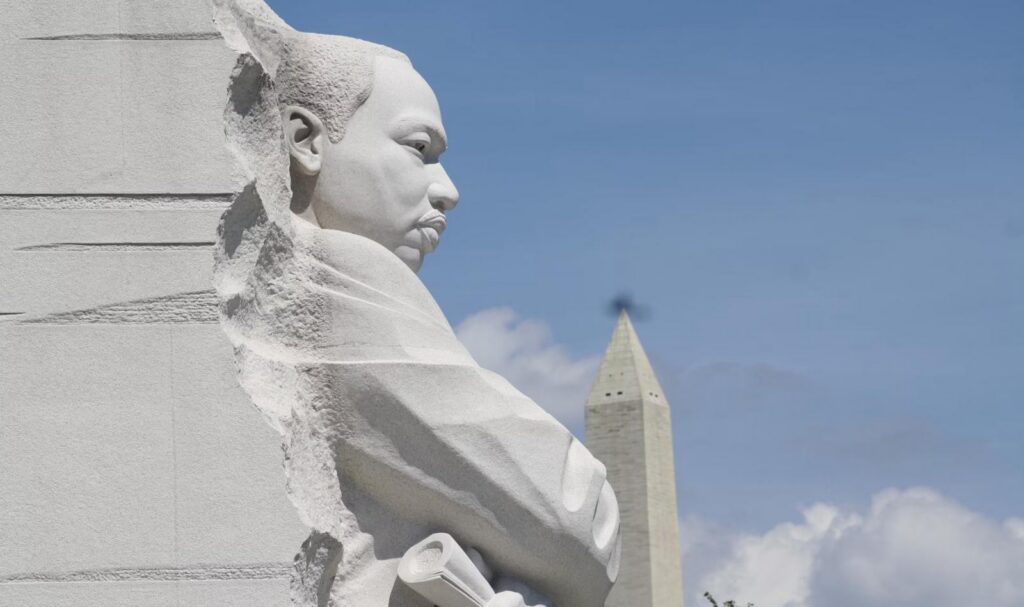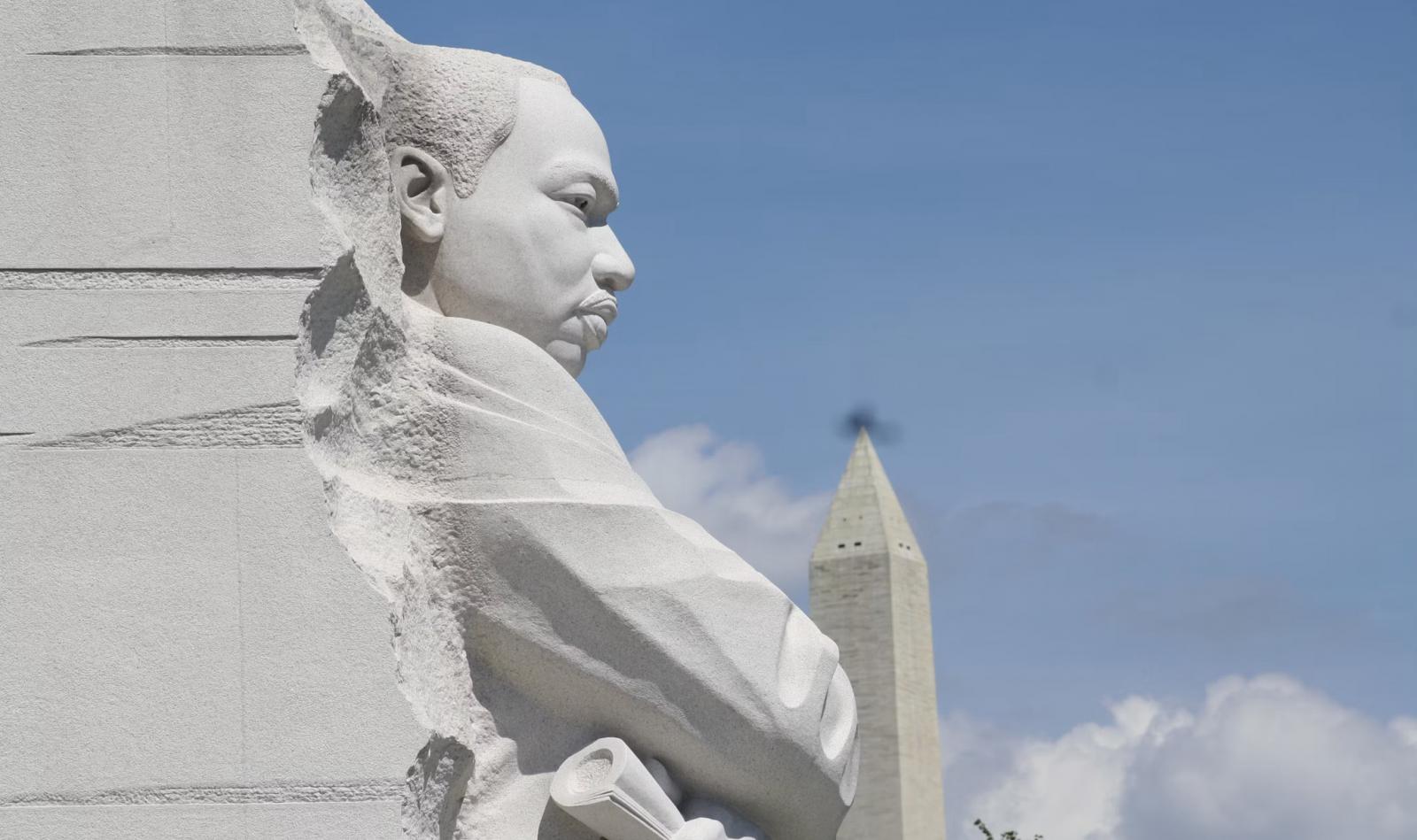How to obtain an O-1 visa and an EB-1 Green Card for talented individuals?

Talented individuals who have achieved significant success in their professional fields may find unique opportunities to relocate to the United States through the O-1 visa and the EB1 Green Card. These immigration programs are designed for those who stand out among their peers and have gained recognition beyond their home country. In this guide, we will examine in detail who is eligible for these visas, the main differences between them, the requirements that need to be met, and the application process. This guide will be your reliable companion on the path to obtaining a visa or Green Card and will help you avoid mistakes that could lead to a denial.
Who can obtain a visa for talented individuals?
The visa for talented individuals, known as the O-1 visa, is intended for those who possess extraordinary abilities in specific fields. This visa is available to individuals who have achieved outstanding results in areas such as science, education, business, athletics, arts, and the film industry. For example, scientists with numerous publications, successful entrepreneurs, professional athletes with international awards, or artists whose work has received global recognition may qualify for the O-1 visa.
The main requirement for obtaining the O-1 visa is having significant achievements and recognition in your professional field. It is important to note that ordinary successes and achievements that are standard for the given field are insufficient. You must prove that you are at the top of your profession and have gained recognition beyond your home country.
Having difficulty understanding?
Contact us, we will help!
What is the difference between the O-1 and EB-1 visas?
While both the O-1 visa and the EB1 Green Card are intended for talented individuals, there are significant differences between them.
O-1 Visa
- Granted for a specific period (usually up to three years) and can be extended.
- Requires a U.S. employer to sponsor your stay in the United States.
- Suitable for temporary stay in the United States.
EB-1 Green Card
- Leads to permanent resident status, allowing you to live and work in the United States on a permanent basis.
- Requires higher achievements and international recognition.
- Does not require an employer to file the application.
Thus, the O-1 visa is temporary and requires a sponsor, while the Green Card provides permanent status and does not require an employer.

Examples of talents who have already received a Green Card
Examples of individuals who have already received a Green Card through the EB1 category are diverse and include representatives from various professions. Among them:
- Scientists: Researchers with numerous publications in international journals and significant contributions to their fields of study.
- Artists: Actors, directors, and musicians whose works have been recognized at international film festivals and music competitions.
- Entrepreneurs: Businesspeople who have created successful companies with innovative products or services that have gained broad market recognition.
- Athletes: Olympic champions and other athletes who have reached the pinnacle of their disciplines and won international awards.
These examples demonstrate that the EB1 Green Card is granted to individuals with extraordinary abilities who have achieved significant success in their field at an international level.
What is needed to obtain an O-1 or EB-1 visa?
To obtain an O-1 visa or EB1 Green Card, you must provide a series of documents that confirm your achievements. These documents may include:
- Awards and honors: International or national awards that confirm your extraordinary abilities.
- Publications: Articles in prestigious journals, books, or other publications that confirm your contribution to the profession.
- Membership in professional associations: Membership in organizations that is granted only to outstanding professionals in your field.
- Participation as a judge: Participation as a judge in international or national competitions, indicating recognition of your expertise.
- High level of earnings: Proof that your income is significantly higher than the average in your field.
- Recommendations: Letters from recognized experts in your field confirming your status and achievements.
Each of these elements plays an important role in the application process and can significantly affect its success.

Difference in requirements for the visa and Green Card
While the requirements for the O-1 visa and Green Card are similar, there are several key differences.
Requirements for the O-1 Visa
- Having a sponsoring employer who is willing to offer you a job in the United States.
- Confirmation of your extraordinary abilities through awards, publications, memberships, and other evidence.
Requirements for the EB1 Green Card
- A higher level of international recognition.
- Evidence that you hold leading positions in your profession and your contribution is unique.
- No requirement for a sponsoring employer.
Thus, the O-1 visa requires a sponsor and proof of achievements, while the EB1 Green Card requires a higher level of recognition but does not require an employer.
Application process for O-1 and EB1 and duration of stay in the USA
The application process for the O-1 visa and Green Card differs and has its own features.
O-1 Visa Application Process:
- Find an employer: The first step is to find an employer in the United States who will act as your sponsor.
- Document preparation: Gather all necessary documents confirming your achievements.
- Petition filing: The employer files a petition with USCIS to review your case.
- Obtaining the visa: After the petition is approved, you can obtain the O-1 visa at the U.S. consulate.
EB1 Green Card Application Process:
- Document collection: Prepare evidence of your international achievements.
- Filing the I-140 petition: Submit Form I-140 (Petition for Alien Worker with Extraordinary Ability).
- Status adjustment: If you are in the United States, you may apply for status adjustment (Form I-485) concurrently with Form I-140.
- Interview and obtaining the Green Card: After the petition is approved and the interview is completed, you can receive the Green Card.
Duration of stay:
- The O-1 visa is issued for up to three years and can be extended.
- The EB1 Green Card grants the right to permanent residence in the United States.
Approval timelines for the visa and Green Card for talented individuals
The processing times for O-1 visas and EB1 Green Cards may vary depending on the circumstances.
O-1 Visa Approval Timelines:
- Typically takes a few weeks if the expedited processing option is selected.
- In standard mode, the process can take from one to three months.
EB1 Green Card Approval Timelines:
- Filing Form I-140 and its review may take several months.
- After the petition is approved, the process of obtaining the Green Card can take from six months to a year, depending on USCIS workload and quota availability.
It is worth noting that in some cases, processing times may be shorter, especially if the candidate has particularly outstanding achievements and the evidence of these achievements is properly compiled.
How to obtain an O-1 or EB-1 visa if you are awaiting political asylum?
If you are already in the United States and awaiting a decision on your political asylum case, you still have the opportunity to apply for an O-1 visa or EB1 Green Card.
Application Process:
- If you are applying for an O-1 visa, you need to find an employer willing to act as your sponsor.
- For the EB1 Green Card, you will need to gather and provide documents confirming your extraordinary abilities and international recognition.
In some cases, awaiting a decision on political asylum may create additional challenges, but with the right approach and support from experienced professionals, these difficulties can be overcome.
What happens in case of a denial?
A denial of an O-1 visa or EB1 Green Card can be disappointing, but it is not the end of the road. Here is what can be done in case of a denial:
- Reapplication: Correct the deficiencies that led to the denial and submit the documents again.
- Appeal: If you believe the decision was unfair, you can file an appeal, providing additional evidence.
- Explore other options: It may be worth considering other visa categories or immigration programs that may better suit your situation.
It is important to understand the reasons for the denial and take steps to address them to increase the chances of successfully obtaining a visa or Green Card in the future.
The O-1 visa, also known as the talent visa or extraordinary ability visa, is granted to foreign nationals with outstanding abilities in science, business, or athletics. To obtain this visa, the applicant must compile a strong case demonstrating their compliance with the criteria set by the U.S. embassy. An immigration attorney can help prepare the documents and properly file the application to ensure the embassy approves the visa. If the applicant successfully obtains an O-1 visa, they may apply for an EB1 Green Card, which provides an immigrant visa and the opportunity to obtain citizenship. Meeting the strict criteria, which are evaluated based on education and professional achievements, is also important for obtaining an EB1 Green Card. If the applicant is over 21 years old, they may include family members in their application. In some cases, the visa process can take as little as 15 days, making this category attractive for talented individuals.
Having difficulty understanding?
Contact us, we will help!
